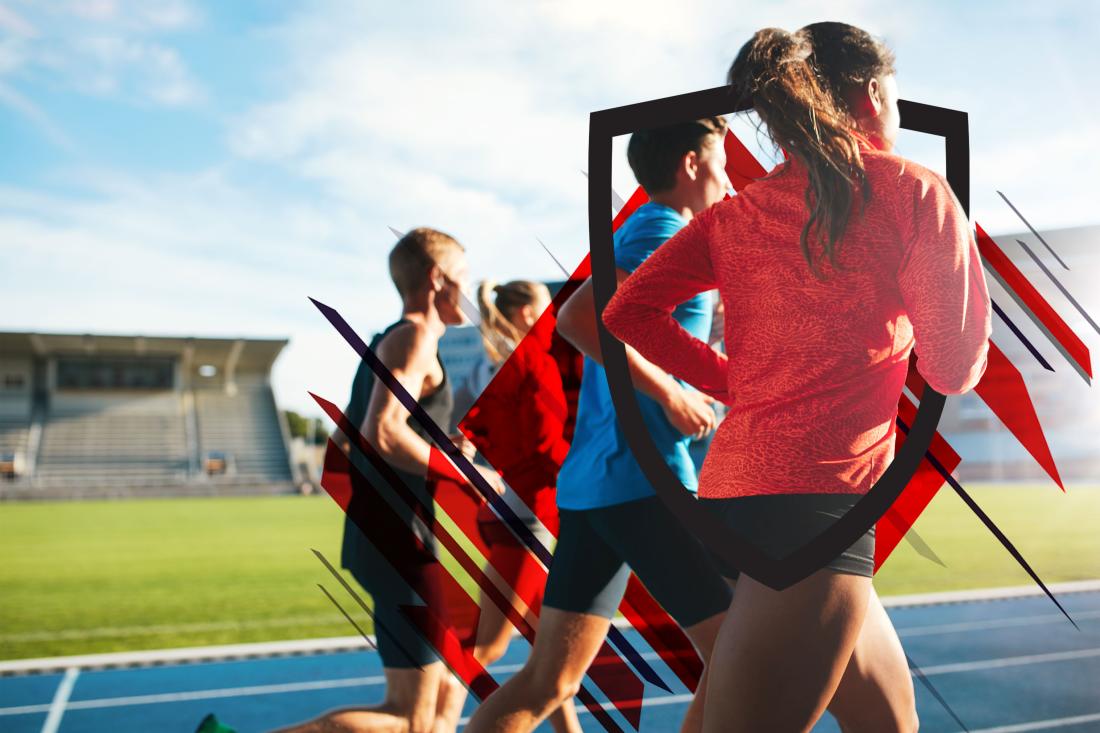
Safe Sport Training
The Safe Sport Training module developed by the Coaching Association of Canada (CAC) will help anyone involved in sport identify and prevent situations of maltreatment.
Anyone involved in sport should be able to thrive and perform at their best without fear of abuse, neglect or other maltreatment. Creating safe sport environments that provide physical and psychological safety conditions is a collective effort — one that requires proper training so people can recognize maltreatment and prevent or address it.

The Safe Sport Training module developed by the Coaching Association of Canada (CAC) will help anyone involved in sport identify and prevent situations of maltreatment.
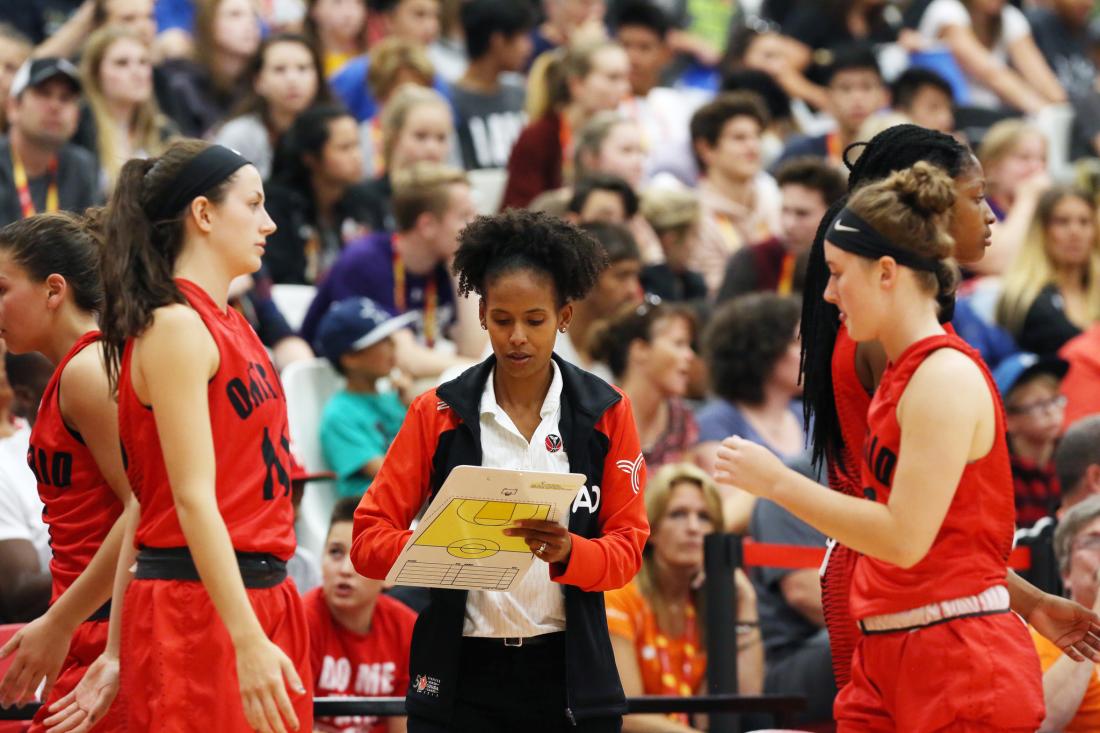
Join a community of committed, respected, and quality coaches who are recognized for their skills, competencies, and passion.
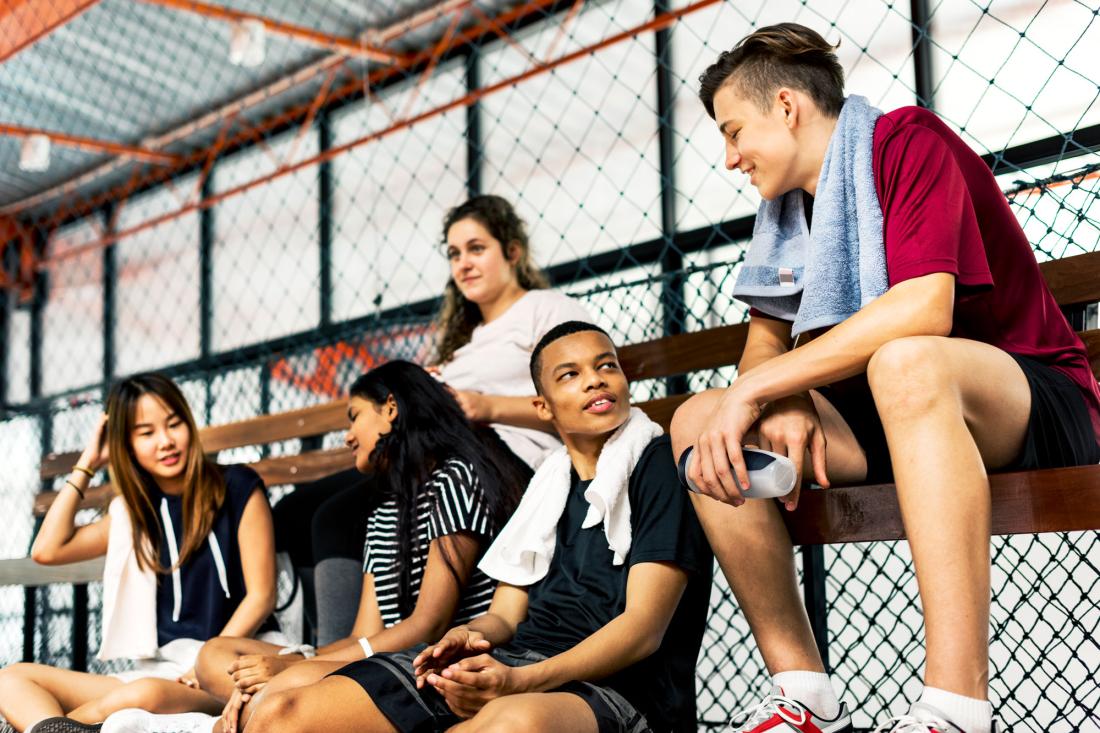
Teen dating violence and gender-based violence exists in the lives of teen sport participants. As a coach, it’s important to be equipped with tools to understand and recognize the signs.
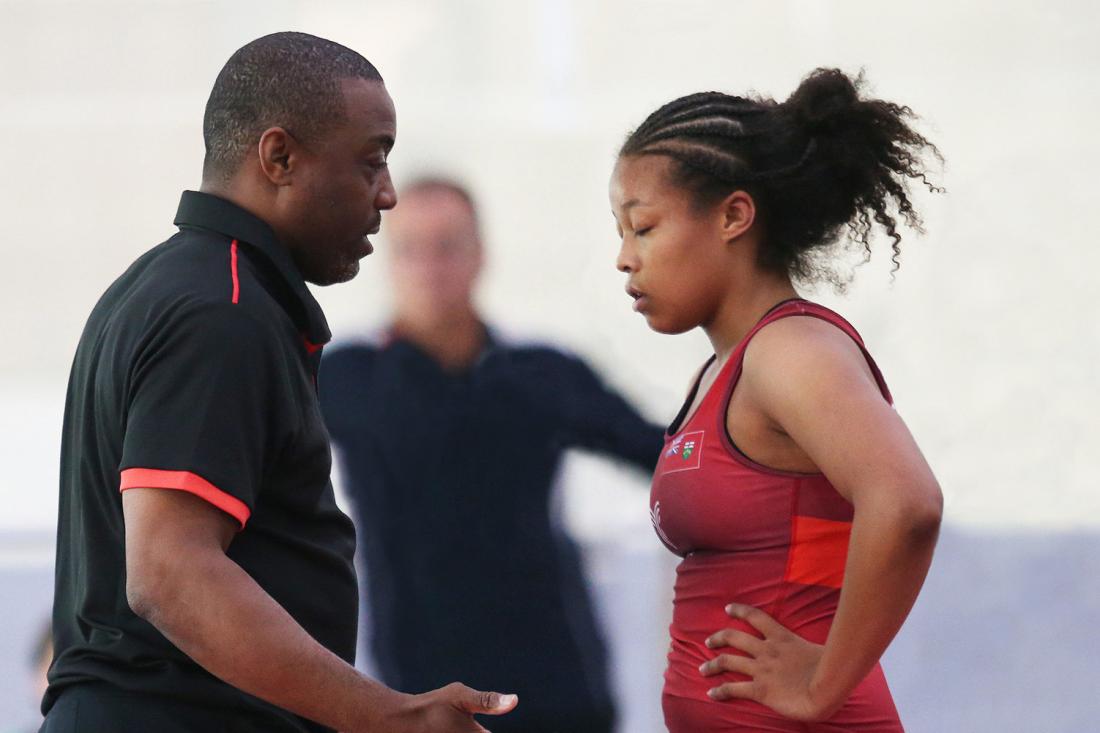
The Responsible Coaching Movement (RCM) is a call to action for sport organizations, parents, and coaches to enact responsible coaching across Canada – on and off the field of play.
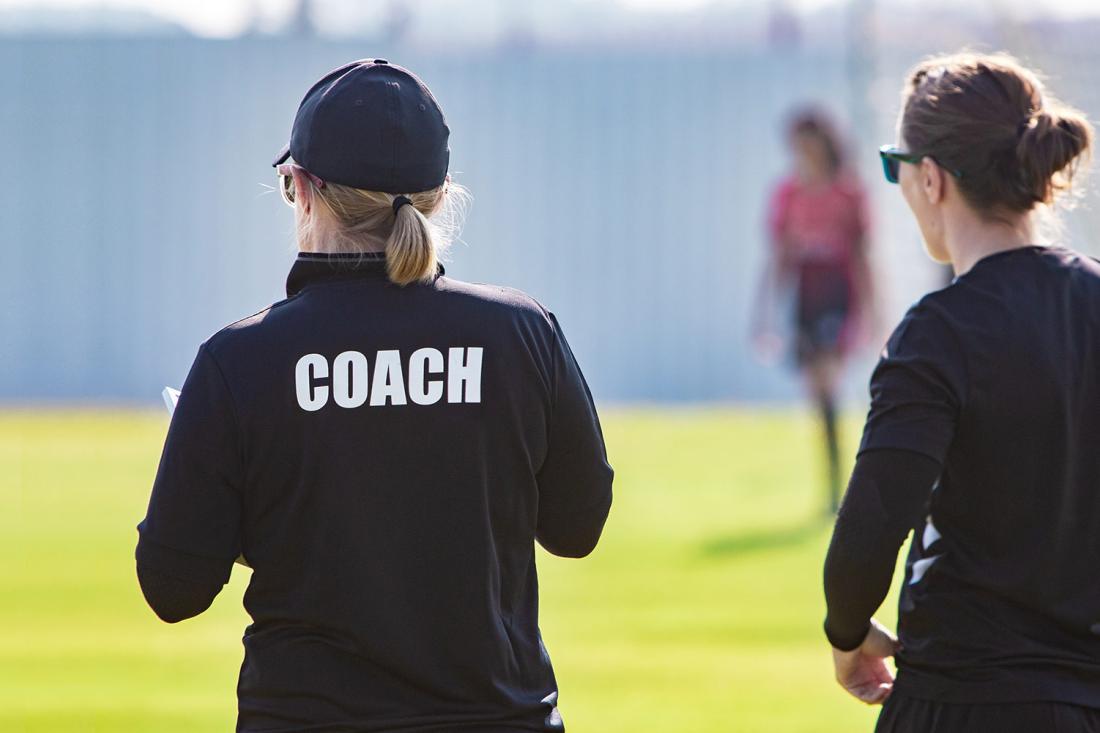
This module equips coaches to identify the legal, ethical, and moral implications of difficult situations that present themselves in team and individual sports.

By placing participants at the centre of the coaching process, coaches can promote growth and athletic development, foster creativity and learning, and protect participants from harm.
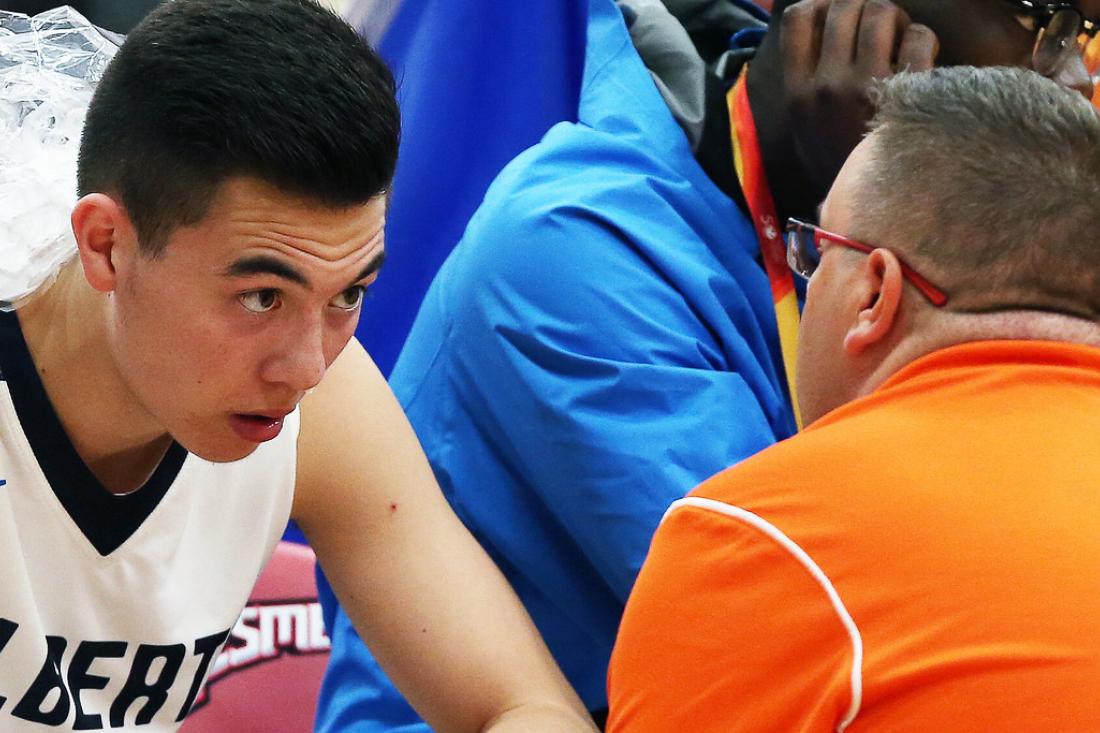
It’s important for all coaches, parents, and participants to understand the signs, symptoms, and what to do if a suspected concussion occurs.
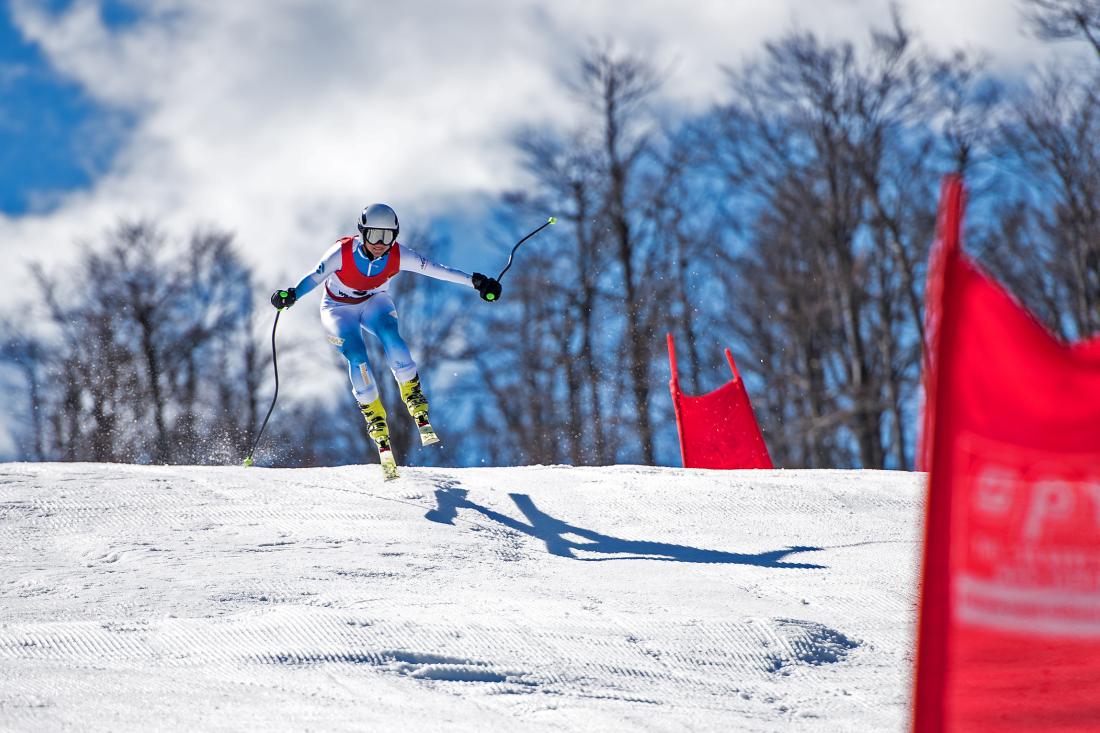
Elevate your understanding of the sport system in Canada, including expectations of coaches and sport organizations.
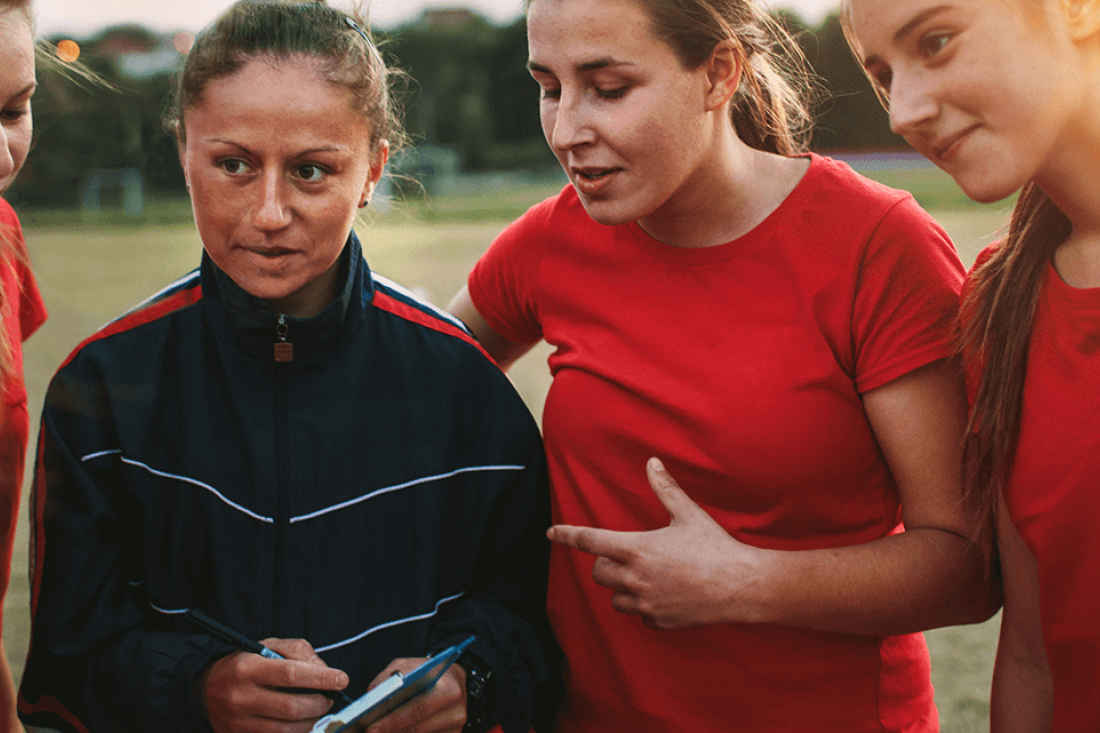
The Quality Coaching Toolkit provides tangible ways for coaches and sport organizations to implement positive coaching strategies. It is based on the research findings in the Embracing Excellence Report.
Through the Canadian Safe Sport Program (CSSP) Rules, the Canadian Centre for Ethics in Sport (CCES) independently administers the Universal Code of Conduct to Prevent and Address Maltreatment in Sport (UCCMS) for federally funded, national-level sport organizations. As a program signatory, the CAC is an active player in this movement. Click here to learn more about the CSSP Rules and available support services.